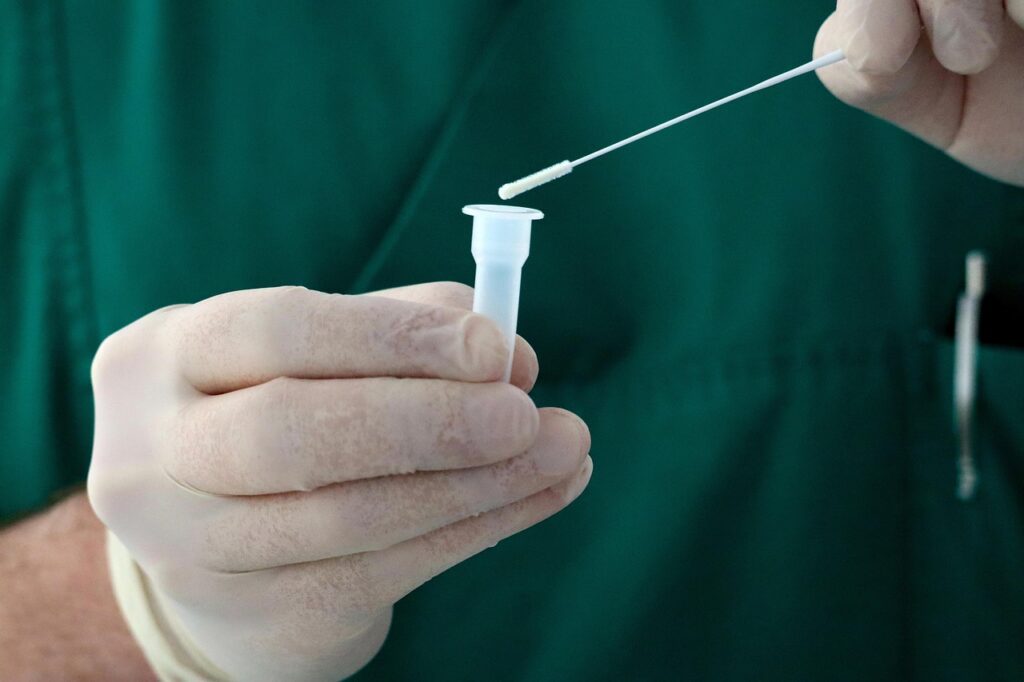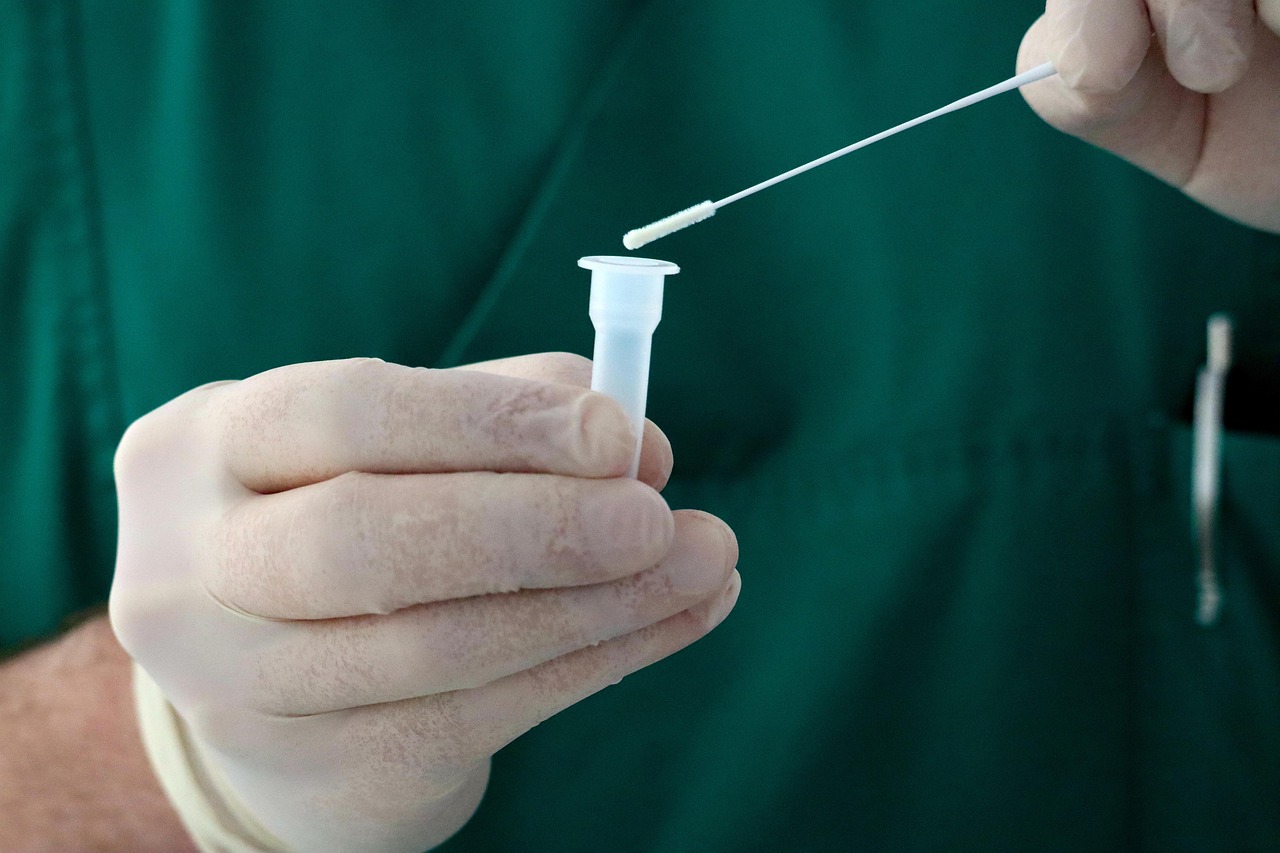When Child Protective Services becomes involved in a child custody case, drug testing often takes center stage. If you are facing CPS drug testing in Texas, having a clear understanding of the process, your rights, and the potential consequences is essential. From standard screenings to a CPS hair follicle drug test Texas courts may rely on, each method carries different legal and practical implications. This guide offers a focused deep dive into the topic, helping you stay informed and confident as you navigate the legal landscape surrounding CPS drug testing.

Picture this
You’re navigating the twists and turns of a maze, desperately seeking an exit. Now, imagine that maze is the complex world of CPS drug testing in Texas. Sounds daunting, right? Don’t worry; you’re not alone in this labyrinth of legal jargon and anxiety-inducing scenarios. In this blog, we’re here to be your trusty map, your guiding light, and your friendly companion through the CPS drug testing maze!
Short Answer
How Long for CPS Drug Test Results?
Ever wondered how long it takes to get your CPS drug test results? We’ve got you covered. The short answer: Drug test result timing is not fixed by CPS policy. Many standard urine tests may take a couple of days for lab results to return, but timing varies by test type and laboratory turnaround.
The CPS Drug Testing Process in Texas
CPS in Texas follows a structured procedure when conducting drug tests as part of child custody investigations. Understanding this process is fundamental to navigating the complexities of CPS drug testing.
Notification and Compliance
If CPS requests a drug test, caseworkers will inform the parent of the test request, but the format and level of detail (type of test, facility, and deadline) can vary based on how the test is ordered (voluntary consent versus court order).
Failure to comply with CPS instructions or court orders can have severe legal consequences, including potential impacts on child custody arrangements. Therefore, it is imperative to understand your obligations and meet the deadlines set by CPS.
Sample Collection
In CPS cases in Texas, urine and hair follicle tests are the primary methods used for drug testing. Other methods, like saliva tests, may be used in specific circumstances but are not routinely standard.
- Urine Tests: These are the most frequently used due to their cost-effectiveness and ease of administration. They are effective in detecting recent drug use.
- Hair Follicle Tests: These tests have a more extended detection window, often reaching back several months, making them ideal for identifying historical drug use.
- Oral Swab Tests: Offering a non-intrusive method, these tests are preferred for their simplicity and quick results.
It’s essential to cooperate fully with the sample collection process. Any attempts to manipulate or tamper with the samples can result in serious legal consequences.
Laboratory Analysis
The collected samples are sent to a laboratory for analysis. The time required for laboratory processing can vary, but it generally takes a few days to complete. During this period, individuals may experience heightened anxiety as they await the results.
Understanding the laboratory analysis phase is crucial. It’s important to recognize that the testing process is conducted by certified professionals in accredited laboratories to ensure the accuracy and reliability of the results. Any concerns about the accuracy of the test results should be addressed through the appropriate legal channels, such as an appeal, rather than attempts to interfere with the testing process.
Accuracy and Reliability of CPS Drug Tests
A recurring concern among individuals undergoing CPS drug testing is the accuracy and reliability of these tests. To address this, it’s vital to understand the factors that can influence test results.
Types of Drugs and Detection Periods

Different drugs have varying detection periods in the body. For instance, marijuana can be detectable in urine for up to 30 days, while substances like cocaine might only show up for a few days. The specific drugs tested and their metabolites determine the detection window.
It’s essential to note that the choice of drugs to be tested for is determined by CPS based on the circumstances of the case. This decision is often guided by information obtained during the investigation and any concerns raised about substance abuse.
|
Type of CPS Drug Test |
Description |
|
Urine Tests |
The most common type of drug test conducted by CPS. It’s cost-effective and easy to administer, making it ideal for detecting recent drug use. Urine tests can reveal a wide range of substances, providing a general overview of an individual’s recent drug history. |
|
Hair Follicle Tests |
Hair follicle tests offer a longer detection window, often reaching back several months. This makes them highly effective in identifying historical drug use patterns. A small hair sample is taken and analyzed for traces of drugs and their metabolites, providing a comprehensive overview of long-term substance use. |
|
Oral Swab Tests |
Oral swab tests are non-intrusive and straightforward. A swab is rubbed inside the individual’s mouth, collecting saliva that is then analyzed for drug presence. While these tests have a shorter detection window compared to hair follicle tests, they are quick, easy, and provide immediate results, making them valuable in certain situations. |
Individual Metabolism
Metabolism plays a significant role in drug test results. Individuals with faster metabolism may eliminate drugs from their system more quickly, affecting the test outcome. Conversely, those with slower metabolism may have a longer detection window.
While individual metabolism can influence test results, it’s important to understand that the testing process is designed to detect the presence of drugs or their metabolites accurately. Attempts to manipulate the results by altering one’s metabolism are not only risky but also illegal.
External Factors
External elements such as prescription medications or dietary supplements can interfere with test results. It’s crucial to inform CPS about any medications or supplements you’re taking to ensure the accuracy of the test.
If you are prescribed medications by a healthcare professional, it’s essential to provide documentation and information about the prescription to CPS. Failure to do so may result in a positive test result that could have been avoided through proper disclosure.
Legal Rights and Responsibilities in CPS Drug Testing
Navigating CPS drug testing in Texas involves understanding your legal rights and responsibilities. These are essential aspects of the process:
Right to Refuse a Test
In Texas, individuals have the right to refuse a drug test. However, it’s crucial to be aware that refusal may have legal consequences, potentially impacting child custody arrangements. CPS can seek court orders to compel individuals to comply with the test under the law.
It’s important to note that while you have the right to refuse a test, the circumstances surrounding your case and any evidence or concerns raised by CPS can lead to legal actions, including the issuance of court orders. Refusing a court-ordered drug test can result in penalties and negative implications for your case.
Court Orders for Testing
CPS can request a court order for drug testing if they have reasonable cause to believe that a child’s safety is at risk due to substance abuse. These court orders are legally binding, and individuals must comply with them.
When a court order is issued for drug testing, it becomes a mandatory requirement. Failure to comply with a court-ordered test can result in legal consequences, including contempt of court charges. It’s crucial to consult with legal counsel if you have concerns about the validity or necessity of a court-ordered drug test.
Potential Consequences
Positive drug test results can have significant consequences, potentially affecting child custody arrangements. It’s essential to consult with an attorney who specializes in family law if you have concerns about how drug test results may impact your case.
When positive drug test results are presented in court, it’s essential to have legal representation to ensure that your rights are protected. An experienced family law attorney can help you navigate the legal process and advocate for your interests.
Timeline for Receiving CPS Drug Test Results
After providing the samples, individuals often wonder how long it will take to receive the test results. While the exact timeline can vary, CPS typically takes around 2 to 3 business days to provide the results. During this waiting period, individuals may experience heightened stress and anxiety, which is entirely natural given the circumstances.
The waiting period can be challenging, especially when child custody decisions hang in the balance. It’s essential to remain patient and consider seeking emotional support during this time. Friends, family members, or support groups can provide a valuable outlet for sharing your concerns and feelings.
Challenging CPS Drug Test Results
Challenges related to CPS drug test results are not uncommon. If you believe that the results are inaccurate or unfair, you have the option to appeal. The appeals process involves presenting evidence and arguments to contest the results. Seeking legal advice and assistance can significantly enhance the chances of a successful appeal.
Grounds for Challenging Results
There are various grounds on which you can challenge CPS drug test results in Texas:
- Testing Errors: If you believe that errors occurred during the collection, handling, or analysis of your samples, you can challenge the results based on testing inaccuracies.
- Chain of Custody: Maintaining a proper chain of custody for your samples is crucial to the validity of the results. If there were discrepancies or gaps in the chain of custody, it can cast doubt on the accuracy of the results.
- False Positives: Some substances or medications can lead to false-positive results. If you can demonstrate that a legitimate prescription or medical condition caused the positive result, it strengthens your grounds for an appeal.
- Laboratory Procedures: If you have information or evidence suggesting flaws in the laboratory procedures or the qualifications of the personnel conducting the analysis, it can be used to challenge the results.
Legal Representation

Having legal representation during the appeals process is essential. An experienced family law attorney can review the evidence, identify weaknesses in the case against you, and present compelling arguments in your favor.
Legal counsel can also help you gather evidence, such as medical records, witness statements, or expert testimony, to support your appeal. Their expertise in Texas family law and CPS procedures can significantly influence the outcome of your case.
CPS Drug Testing Policies by State
It’s essential to recognize that CPS drug testing policies can vary significantly from state to state. Regulations in Texas might differ from those in neighboring states, leading to varying procedures and outcomes. Understanding the specific policies and legal nuances in your state is crucial when dealing with CPS drug tests.
Texas CPS Drug Testing Policies
In Texas, CPS operates under specific guidelines and regulations regarding drug testing:
- Reasonable Cause: CPS must have reasonable cause to believe that a child’s safety is at risk due to parental substance abuse to request a court-ordered drug test.
- Court Orders: Court orders for drug testing are obtained based on the specific circumstances of the case. These orders outline the type of test, the testing facility, and the deadline for compliance.
- Confidentiality: CPS is bound by confidentiality laws and regulations. Your test results are protected information and cannot be disclosed without your consent, except in legal proceedings related to your case.
- Appeals Process: Texas provides a structured appeals process for individuals who wish to challenge CPS drug test results. This process allows you to present evidence and arguments to contest the findings.
Understanding these policies is crucial for effectively navigating the CPS drug testing process in Texas. Legal counsel can provide detailed insights into the specific laws and regulations applicable to your case.
Interstate Differences
It’s important to be aware that if you move between states during a CPS investigation or custody case, you may encounter different procedures and requirements. Each state has its own child welfare laws and regulations, leading to variations in CPS drug testing policies.
If you are involved in a situation that spans multiple states, it’s essential to consult with attorneys in both jurisdictions. They can provide guidance on how to navigate the complexities of interstate CPS cases, ensuring that you are fully informed about the legal requirements in each state.
Tips for Preparation and Compliance
Proper preparation is essential when facing CPS drug tests in Texas. Here are some key tips to consider:
Stay Informed
Educate yourself about the CPS drug testing process, your rights, and the potential consequences. Knowledge is a powerful tool when navigating this challenging situation. Stay updated on any changes in Texas state laws or CPS policies that may impact your case.
Consult with Legal Counsel
Having a knowledgeable family law attorney by your side is invaluable. They can provide personalized advice based on the specifics of your case, ensuring that you make informed decisions at every step. Legal counsel can also represent you during court hearings, negotiations, and appeals, protecting your rights and interests.
Be Honest and Transparent
Honesty is crucial when dealing with CPS. Be transparent about your medical history, medications, and any substances you have consumed. Providing accurate information helps build credibility and can prevent misunderstandings that may lead to legal complications.
Comply with Court Orders
If a court order is issued for drug testing, compliance is mandatory. Failing to comply with court orders can result in serious legal consequences, including contempt of court charges. It’s essential to follow the instructions provided in the court order and complete the testing within the specified timeframe.
Resources for Support
During this emotionally taxing period, support can make a significant difference. Several organizations, hotlines, and legal services are available in Texas to provide guidance to individuals undergoing CPS drug testing.
Legal Services
Consulting with an attorney specializing in family law is a wise step. They can provide tailored advice and representation throughout the process. Legal counsel can review your case, identify legal options, and help you build a strong defense strategy.
Support Groups
Consider joining local or online support groups where you can connect with others who have faced similar challenges. Sharing experiences and insights with individuals who have gone through similar situations can provide emotional support and practical advice.
Hotlines and Helplines
Texas-based hotlines and organizations can offer information, resources, and assistance specific to CPS drug testing. These helplines are staffed by professionals who can address your concerns and provide guidance on the steps to take.
When facing CPS drug testing in Texas, knowledge, preparation, and legal representation become your strongest allies. Whether the issue involves a standard screen or a CPS hair follicle drug test Texas courts may rely on, understanding your rights, the testing process, and the possible consequences is essential. Seeking experienced legal counsel and using available support resources can significantly affect the outcome of your case. By staying informed, meeting legal obligations, and building a reliable support network, you can move through the CPS process with greater confidence and resilience.
Strap In for Your CPS Drug Testing Adventure!
Congratulations, fellow maze-navigator! You’ve successfully journeyed through the twists and turns of CPS drug testing in Texas. You’ve learned about the intricate procedures, your legal rights, and the factors that can affect those all-important results.
So, what’s the verdict?
Short answer
It takes about 2 to 3 business days to get your CPS drug test results. But hey, you didn’t just come for the answer, did you? No, you embarked on this adventure seeking knowledge, empowerment, and maybe a dash of reassurance.
Remember, facing CPS drug testing can be overwhelming, but armed with understanding and the right support, you can conquer any maze that life throws your way. Whether you’re dealing with the complexities of legality or the nervous anticipation of waiting for results, you’ve got this.

Other Related Articles:
- Can CPS Manipulate Drug Test Results? Unveiling the Truth
- The Significance of CPS Drug Test Results
- CPS Drug Testing in Texas: Know Your Rights and Legal Protocols
- CPS Drug Testing in Texas: First Visits Unveiled!
- Behind the Scenes: Exploring CPS Drug Testing in Texas Law
- Texas CPS Drug Testing: Protocols, Rights, and Resources Demystified
- Understanding CPS Authority: Can Child Protective Services Require Drug Testing in Texas?
- CPS Drug Testing at Home in Texas: Legal Procedures and Implications
- How long does it take CPS to get a court order for a drug test
- What to Do When CPS Asks for a Drug Test in Texas
Frequently Asked Questions
A Texas CPS investigation’s duration can vary widely based on the specifics of the case. Investigations typically aim to be completed within 30 days, but complex cases may take longer.
Yes, CPS in Texas can request drug tests as part of their investigations. They may require you to take a drug test if there are concerns about substance abuse affecting a child’s safety.
Texas CPS works to protect children’s safety by investigating reports of abuse or neglect. They assess the situation, interview relevant parties, and may take legal actions to ensure a child’s welfare.
CPS cases in Texas are typically confidential, and access to case information may be restricted. To obtain specific case details, you may need legal authorization or work through the appropriate channels.



